
Aiming for equal and comprehensive access for everyone to financial products and services.
In the Notice, the Steering Committee requested the State Bank of Vietnam to preside over and closely coordinate with relevant ministries and agencies to fully absorb opinions, proactively review and organize the implementation of tasks and solutions of the National Financial Inclusion Strategy to 2025, with a vision to 2030 (Strategy), focusing on unfulfilled tasks to strive to complete the goals and targets set out in the Strategy; conduct a preliminary and final review of the Strategy, on that basis, research, develop and propose a Strategy for the new period, and report to the Prime Minister in June 2025.
The Steering Committee affirmed that in recent times, it has achieved outstanding results such as: The legal framework related to comprehensive finance has been constantly reviewed, revised, supplemented and perfected.
The network of financial product and service providers continues to be diversified and widely developed across the country, especially channels of product and service providers on modern platforms such as mobile phones and the Internet.
Financial products and services are developed in a more diverse, modern, safe, convenient manner with reasonable costs, suitable for many customer groups thanks to the application of achievements of the 4.0 industrial revolution.
Financial infrastructure is focused on investment and upgrading, especially promoting digital transformation to optimize and simplify business processes, interconnect with other industries and fields to serve non-cash payments in the economy; strongly applying the national database on population, chip-based citizen identification cards, identification accounts and electronic authentication in providing banking and financial products and services...
Besides, there are still some shortcomings and limitations such as: The transaction network of credit institutions is still mainly distributed in urban areas while it is still limited in rural, remote and isolated areas.
The legal framework in the field of non-cash payments has not kept up with the strong development of new technologies, new payment models and services.
Non-cash payments are still limited to a segment of the population in rural, remote and isolated areas due to the habit of using cash and lack of financial knowledge. Payment of pensions, social insurance benefits and unemployment benefits through banks is mainly concentrated in urban areas.
Mechanisms to support access to capital for small and medium enterprises through guarantees from the Credit Guarantee Fund and the Small and Medium Enterprise Development Fund; and policies to support agricultural insurance have not yet achieved the expected results.
People and businesses, especially those in rural and remote areas, still have limited financial knowledge and lack effective financial management skills.
Perfecting the legal framework, mechanisms, policies and regulations on financial inclusion
The requirement in the coming time is to continue to develop reasonably and increase the coverage of financial services provided to people in rural, remote, border and island areas; focus on perfecting the legal framework, mechanisms, policies and regulations on comprehensive finance in the direction of both promoting development and managing and protecting the legitimate rights and interests of people and businesses; effectively overcoming current shortcomings, limitations and inadequacies.
At the same time, continue to improve financial infrastructure, strengthen connectivity to create a synchronous ecosystem providing financial products and services for industries and sectors in the economy.
Diversify modern financial products and services and design them more appropriately for different groups, especially people in remote areas, the poor, low-income people, people in special circumstances, and vulnerable groups; strengthen solutions to ensure security, safety, and information confidentiality so that customers can confidently use the services.
In addition, it is necessary to focus on communication, education, improving knowledge, understanding of finance and skills in using financial services, and personal financial management for people. This needs to continue to be focused on and promoted to help people see the convenience, safety and confidence when participating in using official financial products and services, building and developing digital citizenship programs nationwide, especially for people in remote areas.
Aiming for equal and comprehensive access for all people to financial products and services, especially for disadvantaged people, people in remote, border and island areas, students; making the most of the technologies of the 4.0 Industrial Revolution and the digital transformation process; ensuring security, safety and confidentiality for people and businesses in accessing and using modern financial products and services.
Implement resolutely with the spirit of ensuring 6 clear
The Steering Committee requests that members of the Steering Committee, relevant ministries, agencies, and localities focus on resolutely and effectively implementing the set goals, tasks, and solutions with the spirit of assigning tasks to ensure "6 clarity: clear people, clear work, clear responsibilities, clear time, clear products, and clear authority".
In particular, the members of the Steering Committee proactively fulfill their responsibilities as members of the Steering Committee, direct their ministries and branches, review, focus on organizing and implementing, fully completing assigned tasks, promoting the sense of responsibility of each member of the Steering Committee, closely following the work, reporting to the Prime Minister before June 1, 2025; at the same time, send to the State Bank of Vietnam for synthesis and reporting to the Prime Minister in June 2025.
Relevant ministries and agencies continue to perfect institutions to both promote development and ensure management and protection of the legitimate rights and interests of the State, people and businesses; develop synchronous and uniform infrastructure nationwide; build a digital citizen program; promote more strongly and comprehensively non-cash payments; diversify methods and communication methods to suit different audiences and different locations; allocate sufficient resources to implement the Strategy; coordinate closely and effectively, ensuring the completion of assigned tasks before June 1, 2025; and at the same time send to the State Bank of Vietnam to synthesize and report to the Prime Minister in June 2025, including:
The Ministry of Finance continues to encourage insurance companies to develop new and suitable insurance products; research and improve credit guarantee mechanisms; improve the operational efficiency of non-budgetary state financial funds; promote non-cash payments in state budget collection and expenditure activities; and coordinate with the State Bank of Vietnam in building and improving the national database on comprehensive finance.
The Ministry of Public Security coordinates with relevant ministries, branches, agencies, units and organizations to continue to maximize the benefits of the National Population Database to develop comprehensive finance for the people.
The Ministry of Education and Training continues to implement financial programs and forums to contribute to forming business thinking and financial management for students.
The Ministry of Culture, Sports and Tourism directs press agencies, radio and television stations to diversify forms of communication to propagate and disseminate the Strategy, disseminate and guide people and businesses to clearly understand the benefits, risks and ways to use financial products and services safely and effectively; and to form financial and business thinking and skills for people.
The Ministry of Agriculture and Environment continues to research and integrate comprehensive financial goals into the implementation of the National Target Program on New Rural Development; organize and implement the improvement of accounting and financial management capacity of cooperatives.
The Ministry of Foreign Affairs proactively strengthens cooperation within the framework of international programs and forums on financial inclusion, contributing to promoting financial inclusion in Vietnam.
Vietnam Television, Voice of Vietnam, and Vietnam News Agency, in accordance with their assigned functions and tasks, proactively and actively carry out financial propaganda and education to the people in various forms that are suitable, easy to hear, easy to remember, easy to see, attractive, and regularly and continuously.
People's Committees of provinces and centrally run cities continue to integrate comprehensive financial goals into local socio-economic development programs and plans, and new rural development programs; promote propaganda about the role and significance of the Strategy, disseminate knowledge and financial education to people and businesses in the area, and have a quarterly review.
The Steering Committee requests relevant ministries, agencies and localities, based on their assigned functions and tasks, to proactively develop interim and final reports for the 2020-2025 period and propose goals, targets, tasks and solutions to promote financial inclusion in the new period, and send the report to the State Bank of Vietnam before June 1, 2025 for synthesis and reporting to the Prime Minister in June 2025.
The State Bank of Vietnam - the standing agency of the Steering Committee shall preside over and closely coordinate with relevant ministries, branches, localities, agencies and units to organize a preliminary and final review of the implementation of the Strategy for the 2020-2025 period; research and propose a Strategy for the new period, and report to the Prime Minister in June 2025.
Phuong Nhi
Source: https://baochinhphu.vn/dich-vu-tai-chinh-huong-den-su-tiep-can-binh-dang-an-toan-cho-nguoi-dan-10225041122403986.htm



![[Photo] Prime Minister Pham Minh Chinh receives Swedish Minister of International Development Cooperation and Foreign Trade](https://vphoto.vietnam.vn/thumb/1200x675/vietnam/resource/IMAGE/2025/5/12/ae50d0bb57584fd1bbe1cd77d9ad6d97)
![[Photo] Prime Minister Pham Minh Chinh starts construction of vital highway through Thai Binh and Nam Dinh](https://vphoto.vietnam.vn/thumb/1200x675/vietnam/resource/IMAGE/2025/5/12/52d98584ccea4c8dbf7c7f7484433af5)


![[Photo] Prime Minister Pham Minh Chinh works with the Standing Committee of Thai Binh Provincial Party Committee](https://vphoto.vietnam.vn/thumb/1200x675/vietnam/resource/IMAGE/2025/5/12/f514ab990c544e05a446f77bba59c7d1)
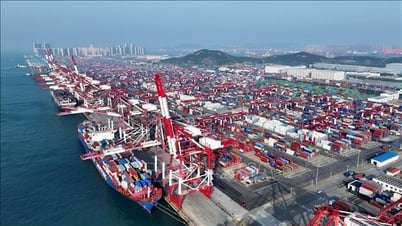

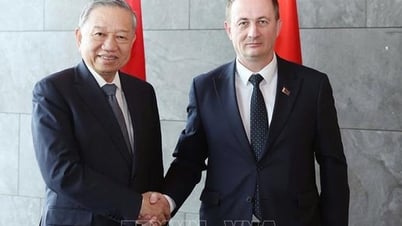







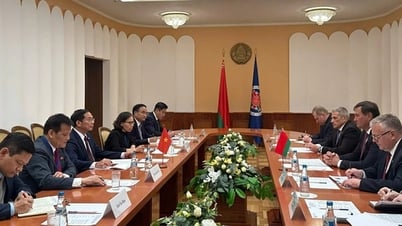
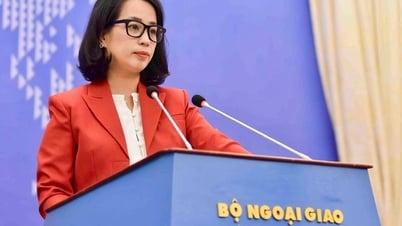

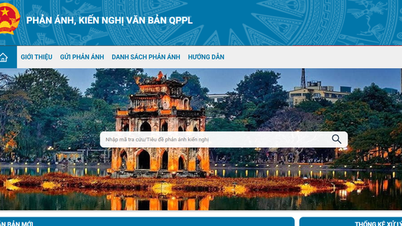
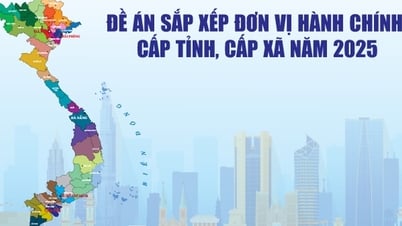

































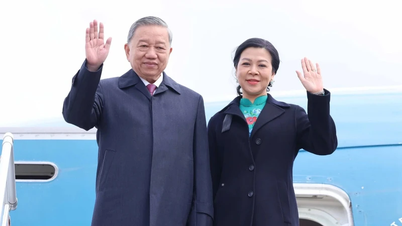
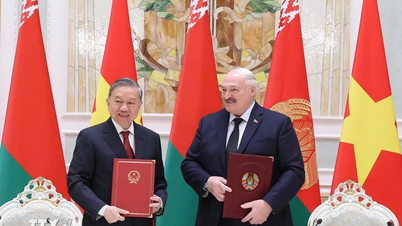













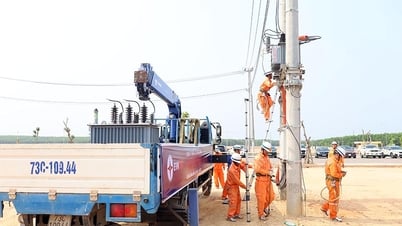



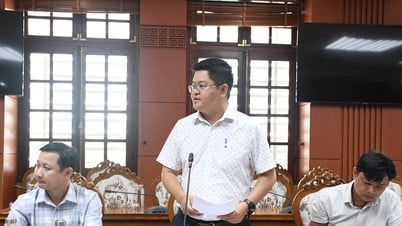




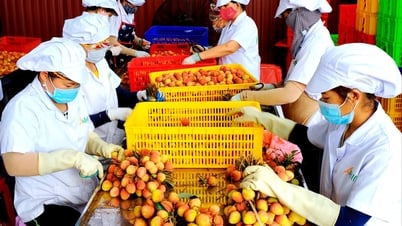











Comment (0)